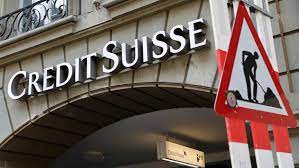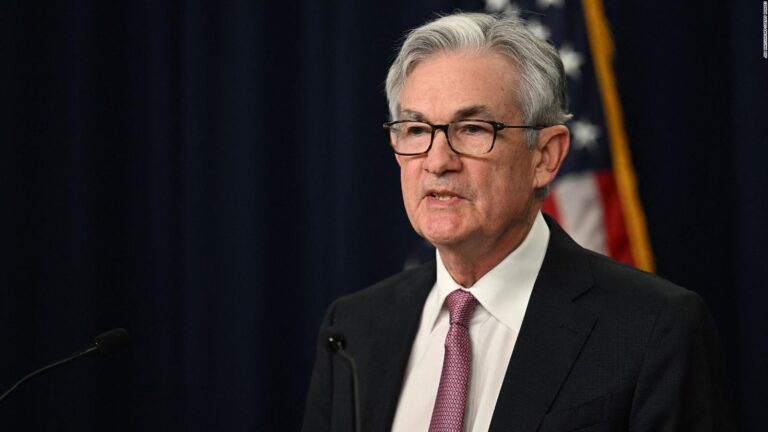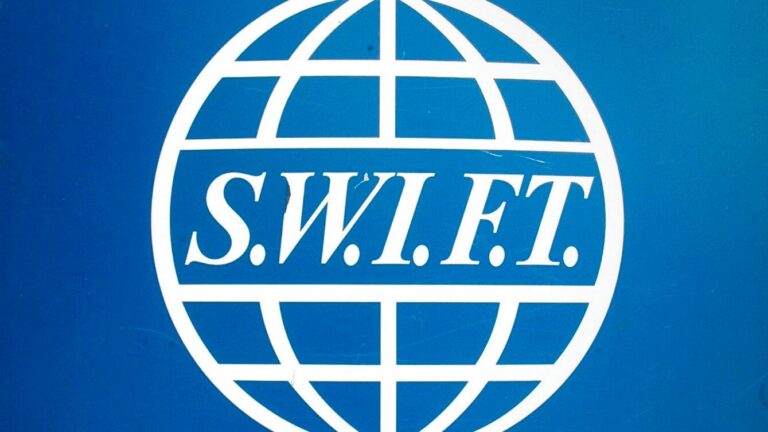Central Bank Data Suggests Credit Suisse Repaid part of its Emergency Liquidity
Data released on Tuesday indicated that Credit Suisse Group AG (NYSE: CS) has repaid a portion of the emergency liquidity provided by the Swiss National Bank (SNB), which suggests that the liquidity crisis that led to the bank’s decline is subsiding.
According to data published by the central bank, sight deposits, which refer to cash held by commercial banks with the SNB overnight, fell by 31 billion Swiss francs ($34.3 billion) last week.
This decline is the second-largest weekly drop on record, with the only larger decline occurring when the SNB began absorbing market liquidity after it discontinued negative interest rates in September of last year.
Over the past few weeks, sight deposits had surged as Credit Suisse received emergency liquidity injections to prevent a bank run as anxious customers withdrew their funds.
After a series of mistakes eroded confidence, the lender had announced last month that it planned to borrow up to 50 billion francs from the SNB in a final effort to rescue itself.
After being taken over by state-sponsored rival UBS Group AG (NYSE: UBS), Credit Suisse was also provided with an additional 200 billion francs in liquidity by the SNB.
Consequently, sight deposits climbed from 515 billion francs in mid-March to reach a peak of 567 billion francs as the SNB deposited cash into Credit Suisse, but this upward trend was reversed last week as sight deposits declined to 532 billion francs.
According to Karsten Junius, an economist at J. Safra Sarasin, the decline may be due to Credit Suisse repaying some of the emergency liquidity it received and no longer requiring central bank assistance.
“Confidence in the bank has been restored by the UBS merger, and from this data it would appear customer outflows have stopped,” Junius said.
“A bank run has been stopped by the SNB coming in and offering massive liquidity and customers are reassured by UBS being there too. Credit lines from other banks would also appear to have been re-established.”
It’s possible that the SNB has been involved in foreign exchange markets, selling off some of its foreign currencies to bolster the franc.
This could have led to a drop in sight deposits, as the SNB would have received francs in exchange from commercial banks.
However, Junius suggested that this was likely to be a minor factor, noting that the SNB had only sold foreign currencies amounting to 27 billion in the last quarter of 2022.
“It’s extremely unlikely the SNB sold more than 30 billion of forex just last week,” Junius said.
“Confidence has been restored – the rescue seems to have done the trick. It seems to have been a successful operation.”






